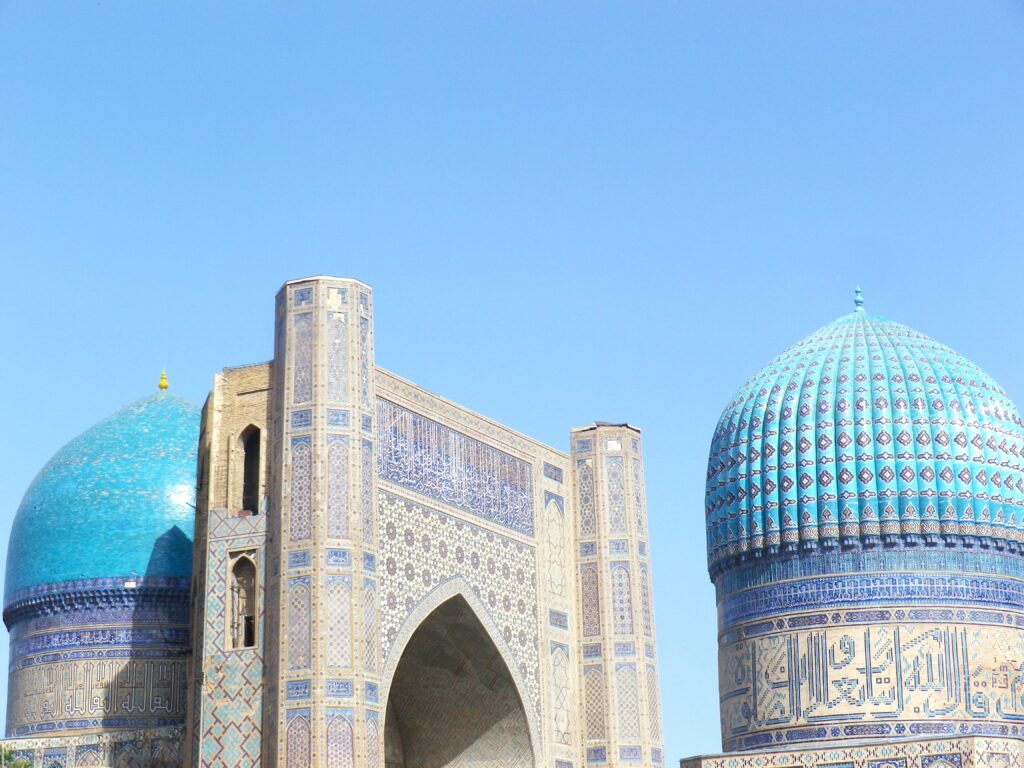Kazakhstan Working On a Bill to Ban Quadrobers
Mazhilis deputy Daulet Mukayev has said Kazakhstan is working on a bill to ban quadrobers. The spread of this hobby, where young people imitate animals, could have a detrimental effect on the younger generation, he stated. “In 2024, quadrobics has undergone a major change. While it used to be more like a sporting challenge, now quadrobers wear animal masks, tails, and paws. If we don't take action, we risk losing a whole generation,” Mukayev said in response to journalists' inquiries to the Telegram channel, Buzyq. Mukayev emphasized that the problem is also a concern in other countries, and parents, society, and the state should work together to solve it. The deputy added that the development of legislative measures and strengthening control over social networks has already begun. However, the deputy did not give precise information about the agencies that initiated this bill. A request for a comment was sent to the Mazhilis press service, which replied that they had not yet received such a piece of legislation. Earlier, Mukayev had characterized quadrobers as a potentially dangerous social phenomenon and called for a study into the phenomenon, stating that the Mazhilis would develop laws against quadrobing if necessary. However, Kazakhstan's Ministry of Culture considers quadrobics a temporary fad and stated that its main task remains to ensure the safety of teenagers who participate in this trend. Quadrobics is an unofficial sport in which participants move on all fours and imitate the habits of animals in costumes. The movement has already been seen in Kazakhstan, Russia, Kyrgyzstan, and Ukraine. Recent cases of this behavior have also been reported in Tashkent, Uzbekistan, where a teenager wearing an animal mask scared passersby on October 10. The next day, another quadrober imitating a dog attacked passengers on public transport, scaring children. The Times of Central Asia previously reported that the Kyrgyz authorities are trying to curb the growing interest of teenagers in quadrobics. Uzbekistan is also taking steps to control the issue, where parents are being warned of fines for inappropriate behavior by teenagers. In Russia, the issue of administrative responsibility for parents who do not take responsibility for the upbringing of their children who become overtly interested in quadrobics has also been raised. The problem has not yet been resolved, but a request to the State Duma has requested fines and criminal liability for such actions. In addition, Gennady Shkil, a priest of the Russian Orthodox Church, suggested in a sermon that fathers and mothers of quadrobers should be deprived of parental rights. Shkil stated that “tough measures” are needed “for the salvation of mankind.”






